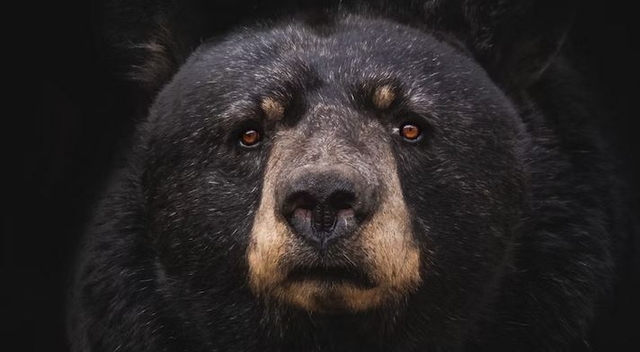Michigan's Black Bear Boom: Population Surges, Expanding Range
Michigan's black bear population is thriving, experiencing a significant increase in recent years. This growth, a testament to successful conservation efforts and favorable habitat conditions, has led to a wider distribution of bears across the state, particularly in the northern Lower Peninsula. This article explores the details of Michigan's black bear population boom, its regional variations, and the implications of this expanding wildlife presence.
A Statewide Success Story: 25% Increase Since 2012
Michigan's black bear population has seen a remarkable resurgence.
- Overall Growth: The statewide black bear population has increased by 25% since 2012, indicating a healthy and growing population (Source: Michigan Department of Natural Resources (DNR)). This growth is attributed to factors such as effective wildlife management, habitat protection, and abundant food sources.
- Total Population: The current estimated black bear population in Michigan is over 12,000 bears (Source: Michigan DNR).
Regional Variations: Northern Lower Peninsula Leads the Way
While the Upper Peninsula remains the traditional stronghold for black bears in Michigan, the most dramatic population growth has occurred elsewhere.
- Upper Peninsula: The Upper Peninsula (U.P.) still holds the majority of Michigan's black bears, with an estimated population.
- Northern Lower Peninsula: The northern Lower Peninsula has experienced an astonishing 55% increase in bear numbers since 2012, representing the most significant regional growth (Source: Michigan DNR). This expansion is likely due to a combination of factors, including favorable habitat, increased food availability, and dispersal of bears from the U.P.
- Distribution Change: The range of the bears has increased 74%
Expanding Range: Increased Sightings and Human Interactions
The growing bear population and its expanding range have led to increased interactions between bears and humans.
- Wider Distribution: Black bears are now found in a wider range of areas in the Lower Peninsula, with their distribution increasing by 74% (Source: Michigan DNR). This means that bears are increasingly venturing into areas closer to human settlements.
- Increased Sightings: As bear numbers and distribution increase, so do reported sightings and encounters with humans.
Implications and Management
The growing black bear population presents both opportunities and challenges for Michigan:
- Conservation Success: The population increase is a positive indicator of successful wildlife management and habitat conservation efforts.
- Human-Wildlife Conflict: Increased bear presence in populated areas can lead to conflicts, such as bears raiding garbage cans, bird feeders, or even entering homes.
- Public Education: Educating the public about bear safety and how to minimize attractants is crucial for preventing negative interactions.
- Hunting as a Management Tool: Regulated hunting is used as a tool to manage bear populations and reduce potential conflicts.
Michigan's black bear population boom is a remarkable wildlife success story, reflecting the state's commitment to conservation and the resilience of these adaptable animals. However, this success also brings challenges, as bears expand their range and increasingly interact with humans. Continued monitoring, responsible wildlife management practices, and public education are essential to ensure the long-term health of Michigan's black bear population and to minimize potential conflicts between bears and people. The growing presence of black bears in Michigan is a reminder of the dynamic nature of wildlife populations and the importance of coexisting peacefully with our wild neighbors.
